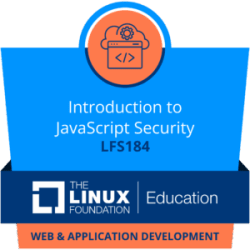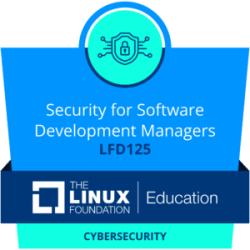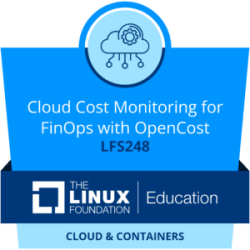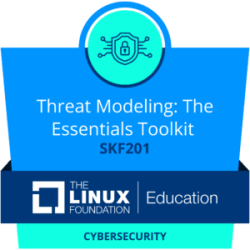Images
- Learn to use DevOps practices, which are essential to modern software development, in as little as six months
- Interact live with instructors, who are experts in DevOps and software development
- Set the pace that’s right for you, with input from the experts
- Take advantage of a vendor-neutral approach to learn skills that can be applied in any software environment
- Learn from the host of the Continuous Delivery Foundation, which oversees the most important DevOps tools and projects
- Pursue lucrative career paths, from DevOps Engineer to Software Developer to IT Operations Manager and more
WEEK 1-5 DevOps and SRE Fundamentals: Implementing Continuous Delivery (LFS261)
This course will teach you the skills to deploy software with confidence, agility and high reliability using modern practices such as Continuous Integration (CI) and Continuous Delivery (CD).
WEEK 6-9 Jenkins Essentials (LFS267)
This course discusses various usability and administrative aspects of Jenkins, providing an understanding of containerized installation, distributed builds in Kubernetes clusters, advanced security features, multi-branch pipelines, and GitOps with Jenkins concepts.
WEEK 10-13 CI/CD with JenkinsX (LFS268)
This course discusses Jenkins X, an open source tool for CI/CD, providing a solid understanding of the building blocks of Jenkins X and how to create Pipeline as Code workflows with Jenkins X.
WEEK 14-18 GitOps: Continuous Delivery on Kubernetes with Flux (LFS269)
Master the art of automating Kubernetes deployments by implementing GitOps – the set of practices that enable developers to carry out tasks that traditionally fall to operations personnel – with Flux CD.
WEEK 19-24 Implementing DevSecOps (LFS262)
DevSecOps practices, an extension to existing DevOps practices, focus on automating security and incorporating it as part of the process, including Continuous Delivery, Infrastructure as a Code and observability. Learn to implement DevSecOps practices into the software delivery pipeline using open source software.
Similar resources
The key to a successful open technology project is to ensure a neutral playing field for all developers, technologists, and companies to collectively contribute to project evolution and growth. The Linux Foundation was built on the idea of the democratization of code and scaling adoption, for all projects equally. Expert legal and governance support programs ensure everyone is on the same playing field.


Introduction to JavaScript Security (LFS184)

Security for Software Development Managers (LFD125)

Cloud Cost Monitoring for FinOps with OpenCost (LFS248)

Conversational AI: Ensuring Compliance and Mitigating Risks (LFS120)

WebAssembly Components: From Cloud to Edge (LFD134)













